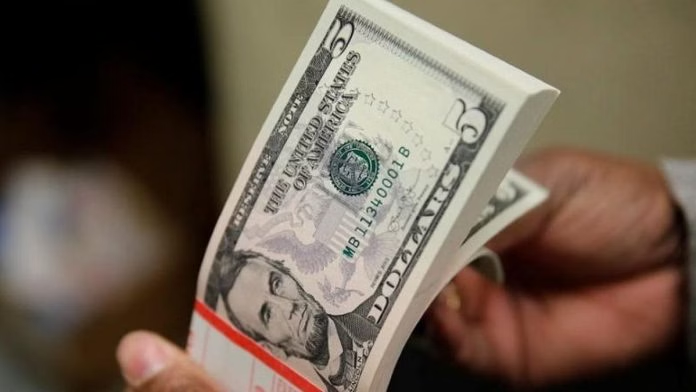The US dollar extended its losing streak on Friday, dropping against major currencies as recession fears intensified following President Trump’s sweeping tariff announcements. The greenback hit a six-month low against safe-haven currencies—the Japanese yen and Swiss franc—after China retaliated with counter-tariffs in response to Trump’s aggressive trade policies.
The USD/JPY pair plunged 2.1% on Thursday, its worst daily performance since December, while the dollar slid 0.7% to 145.044 yen and over 1% to 0.8504 Swiss francs, according to FactSet data.
Markets reacted sharply as Trump unveiled a 54% tariff on Chinese imports and a 20% levy on goods from the European Union—two of America’s largest trading partners. In response, China announced reciprocal tariffs on US imports, effective April 10, heightening trade tensions.
Analysts warn that escalating tariffs could fracture global trade. JPMorgan raised the probability of a US and global recession to 60%, citing the latest protectionist measures as a major economic threat.
“Disruptive US policies have been the biggest risk to global markets all year,” said Bruce Kasman, JPMorgan’s chief economist. “The latest tariffs reinforce our fears that US trade policy is becoming decisively less business-friendly.”
Goldman Sachs echoed these concerns, warning that continued retaliation could push the effective US tariff rate even higher than previously anticipated. Tariffs, they noted, act as a tax on disposable income, dampen consumer spending, unsettle financial markets, and discourage business investment.
With trade tensions escalating, the outlook for economic stability remains uncertain, as markets brace for further disruptions.












